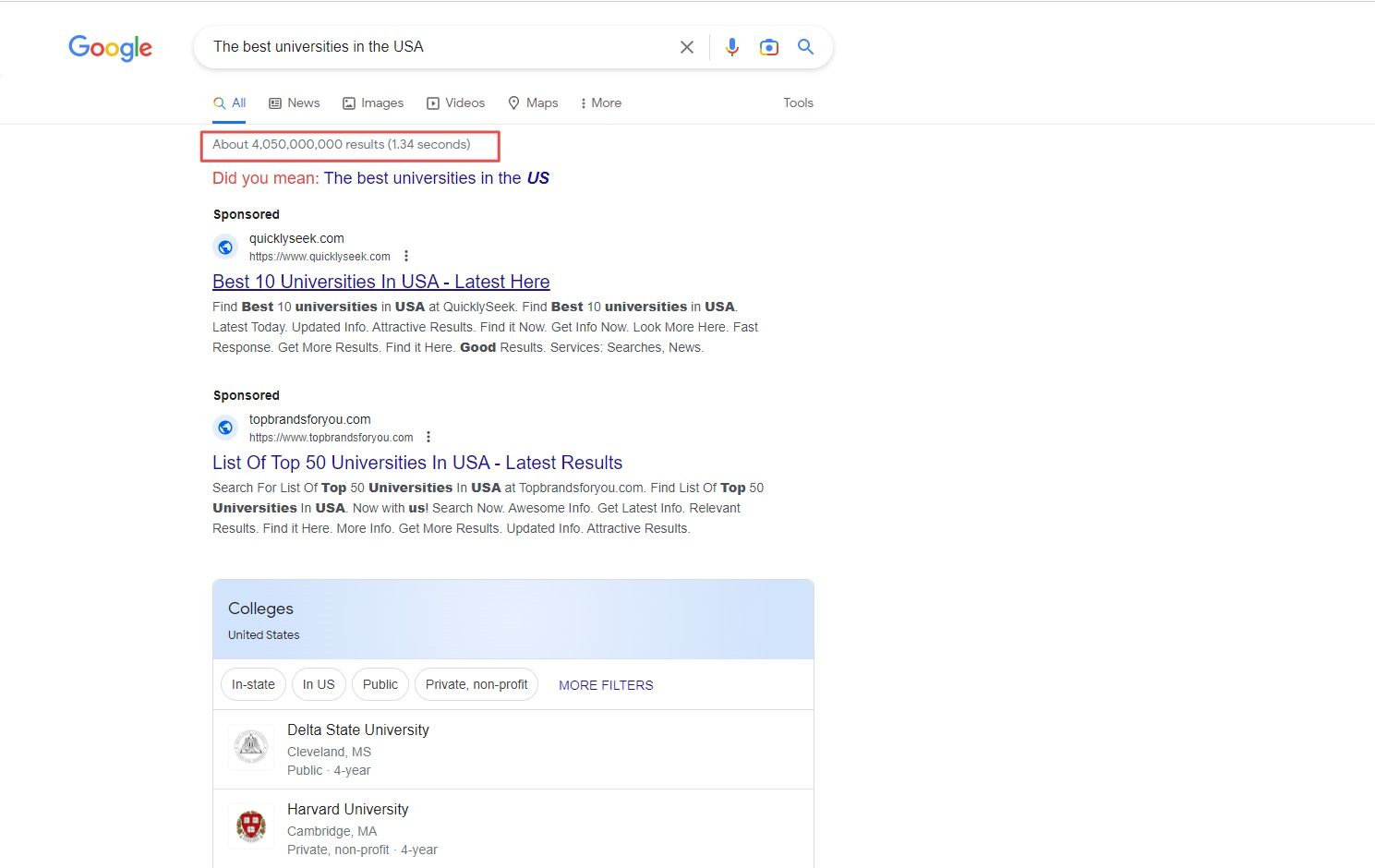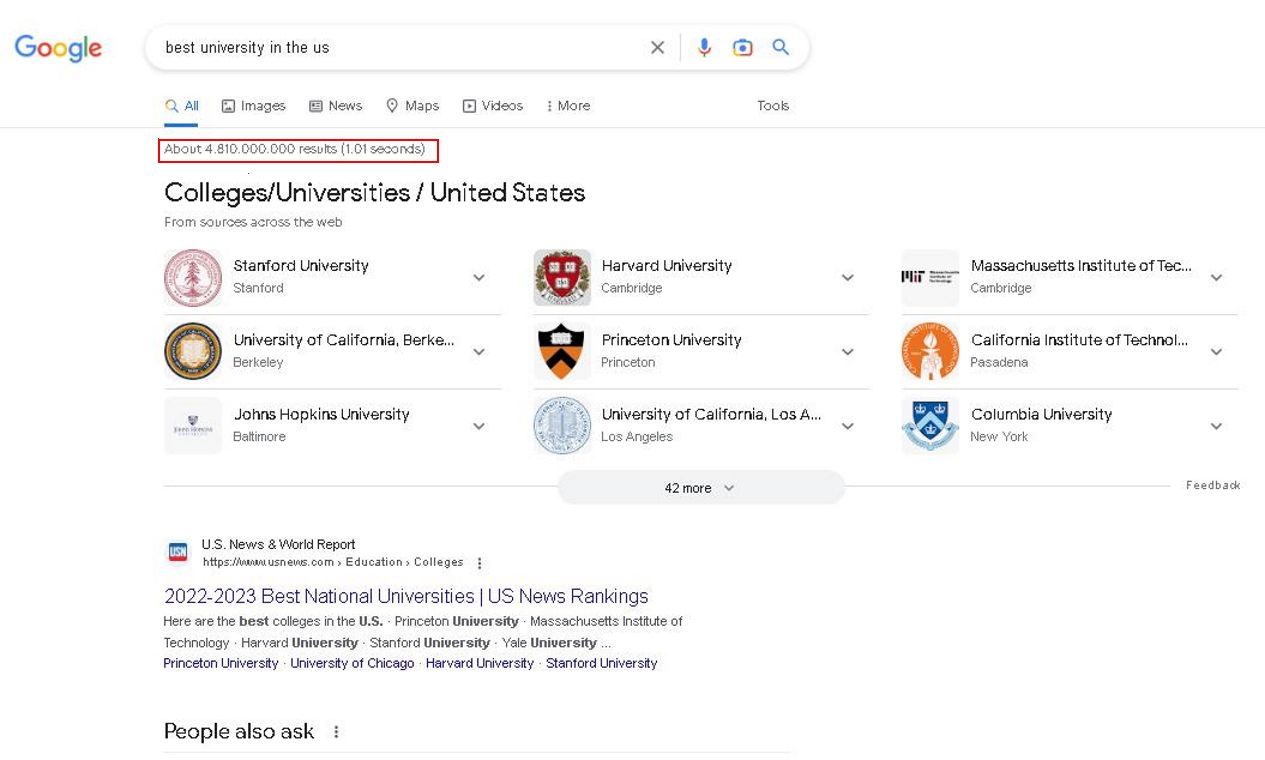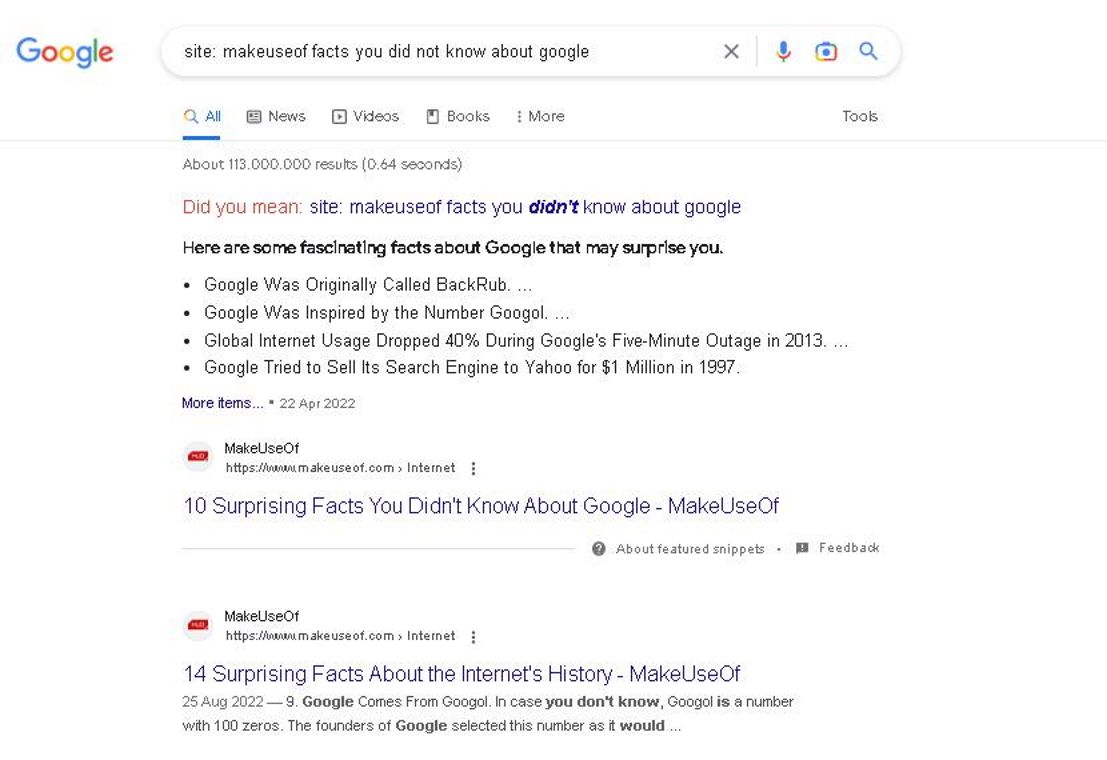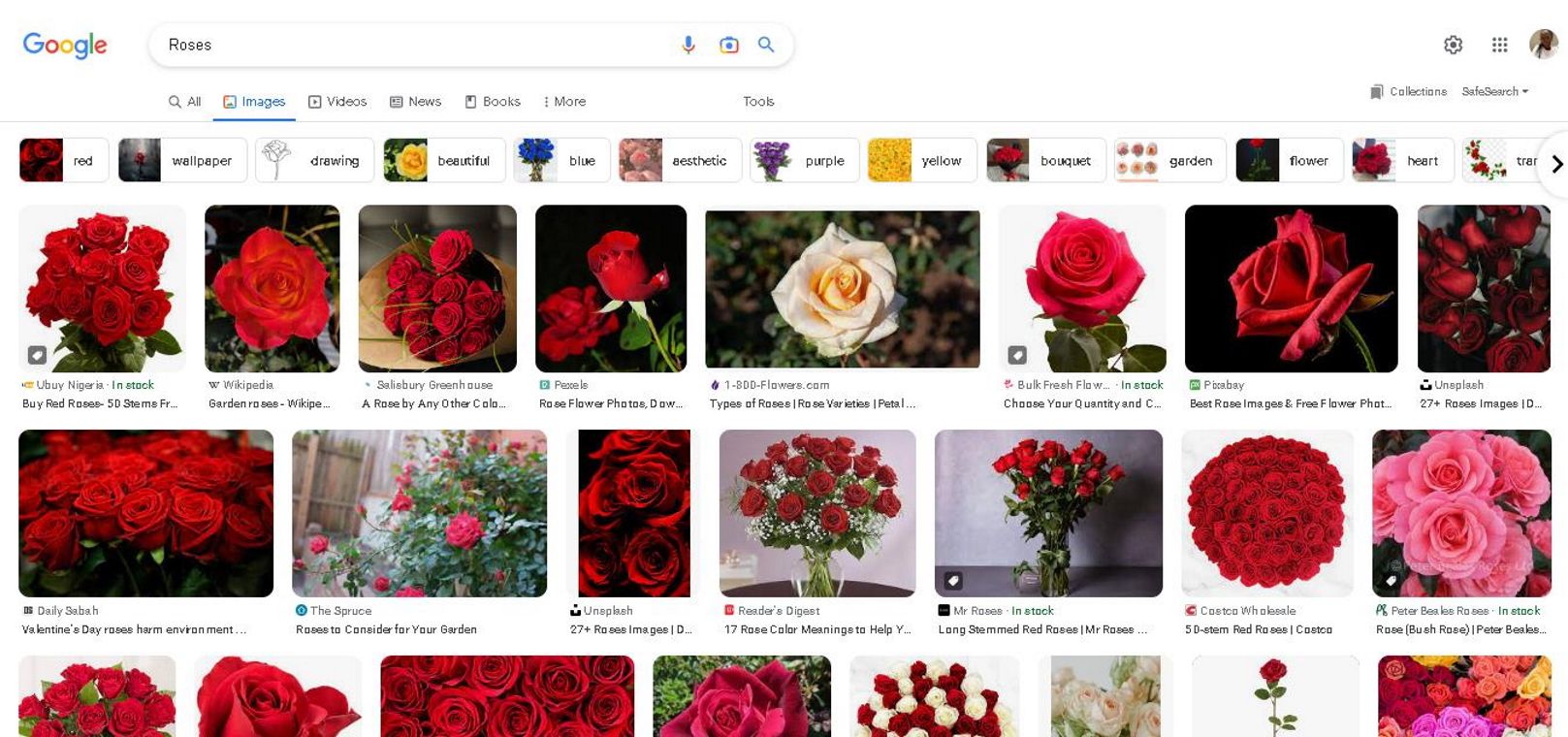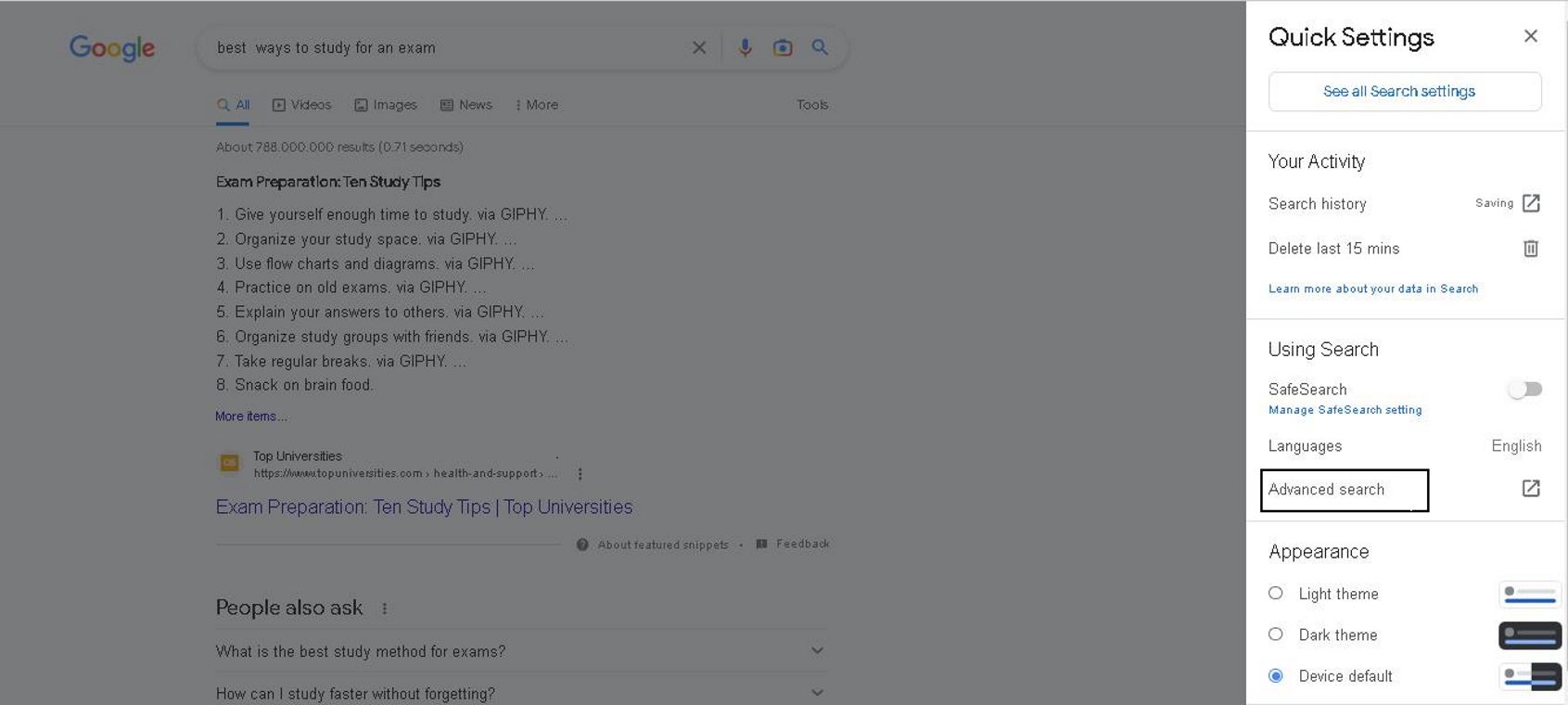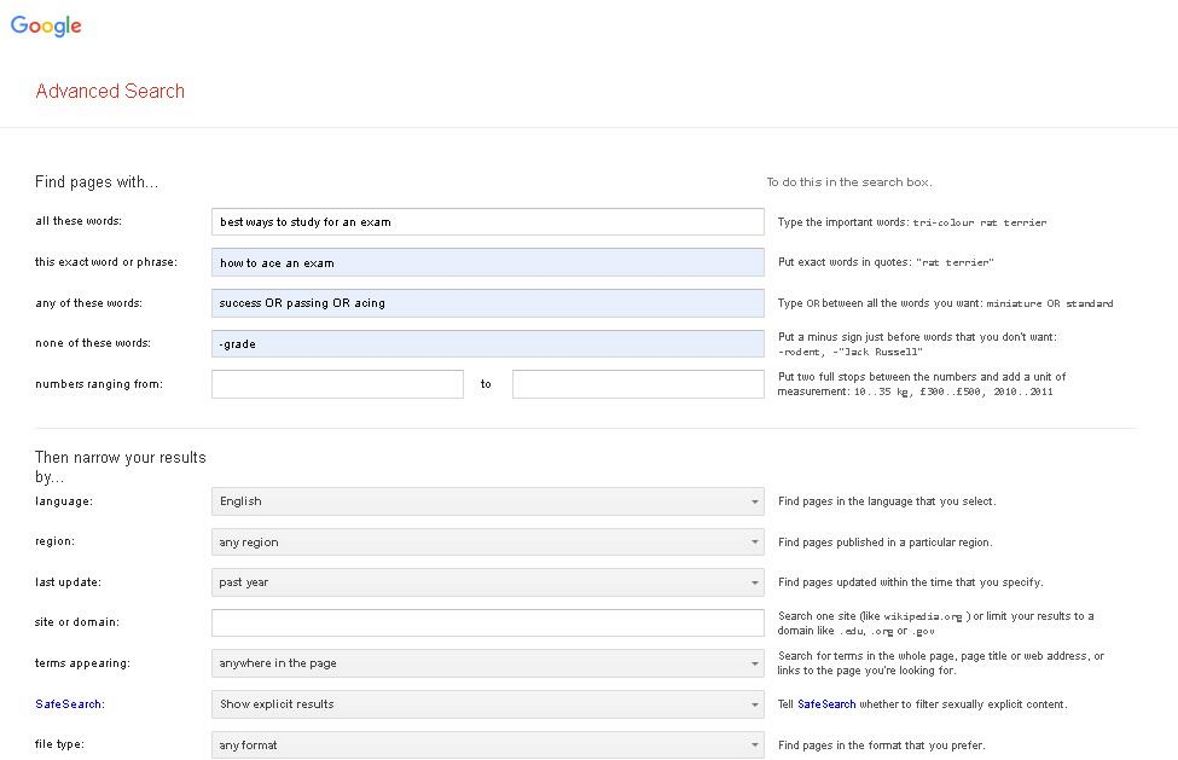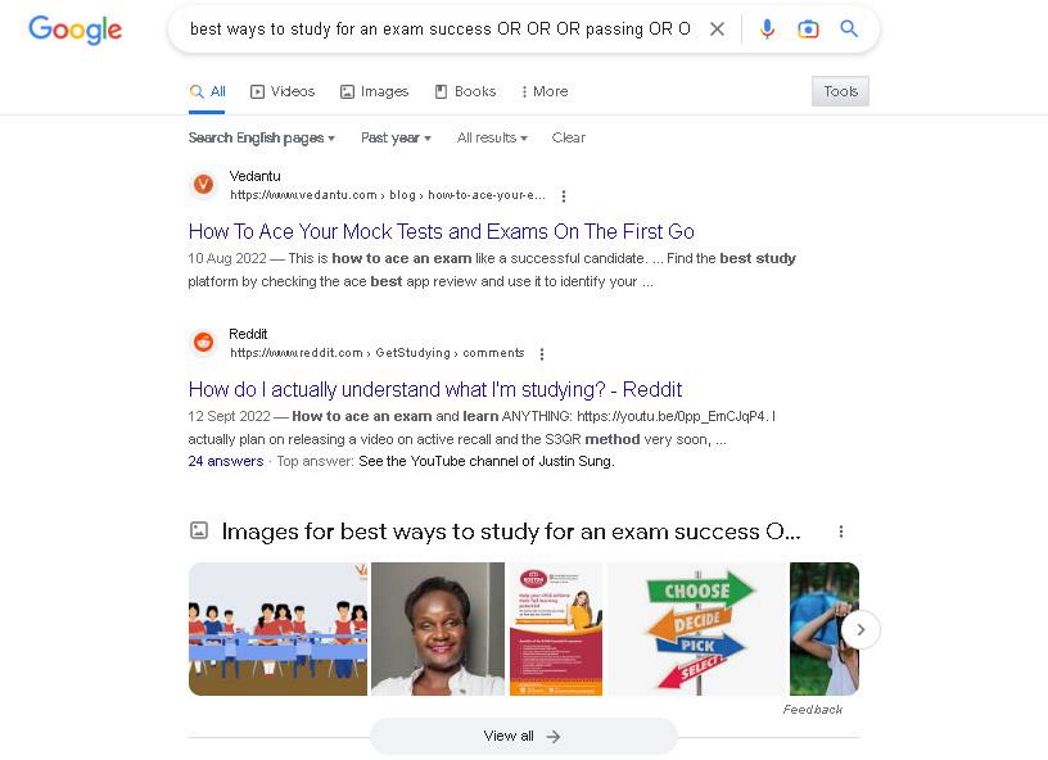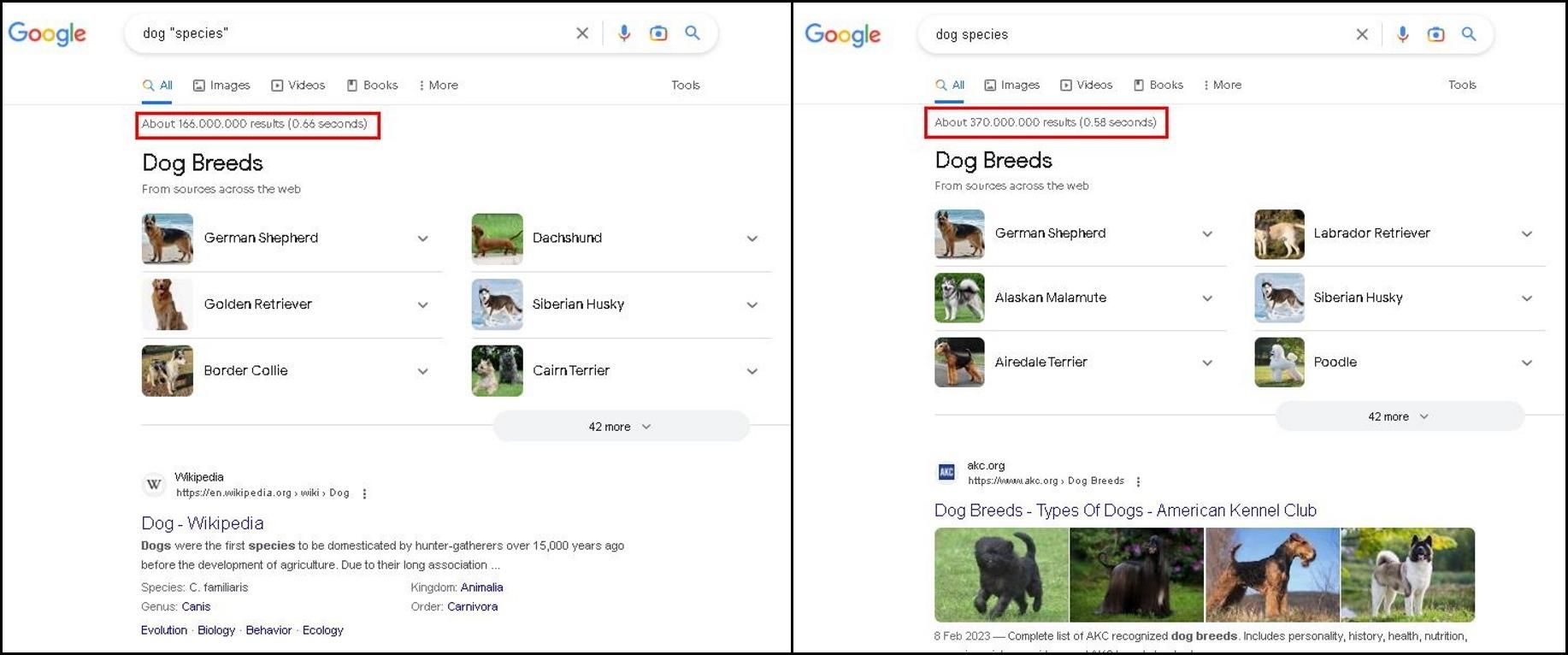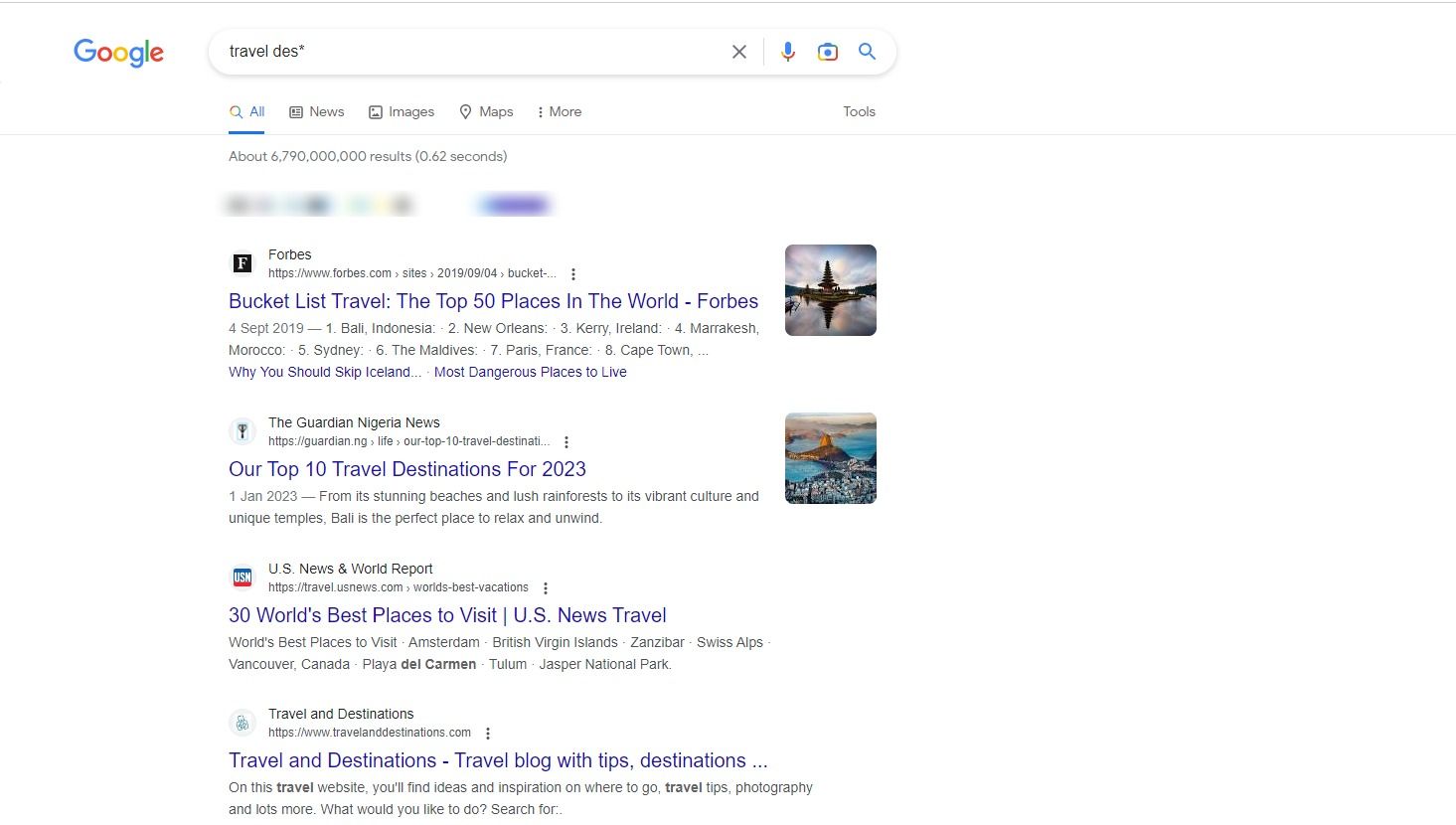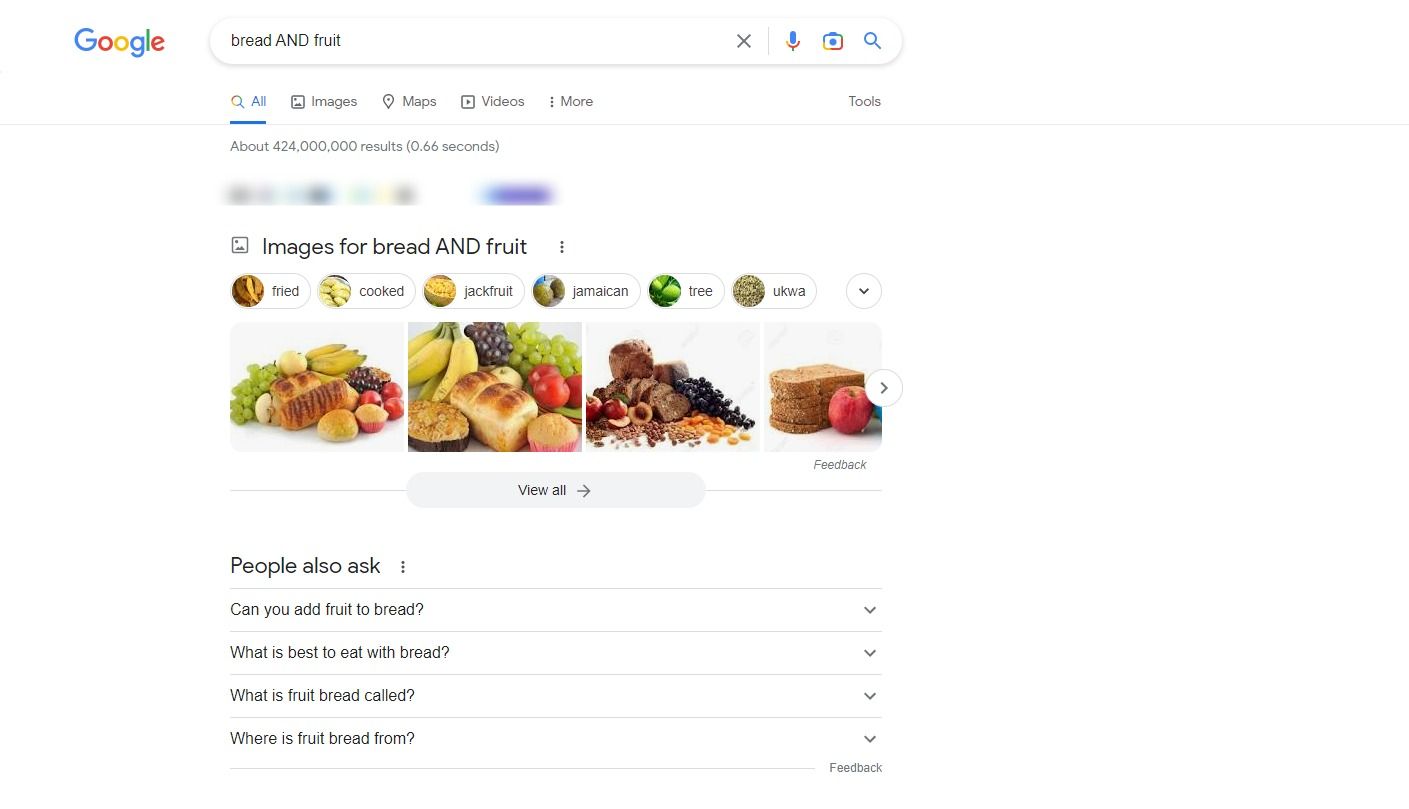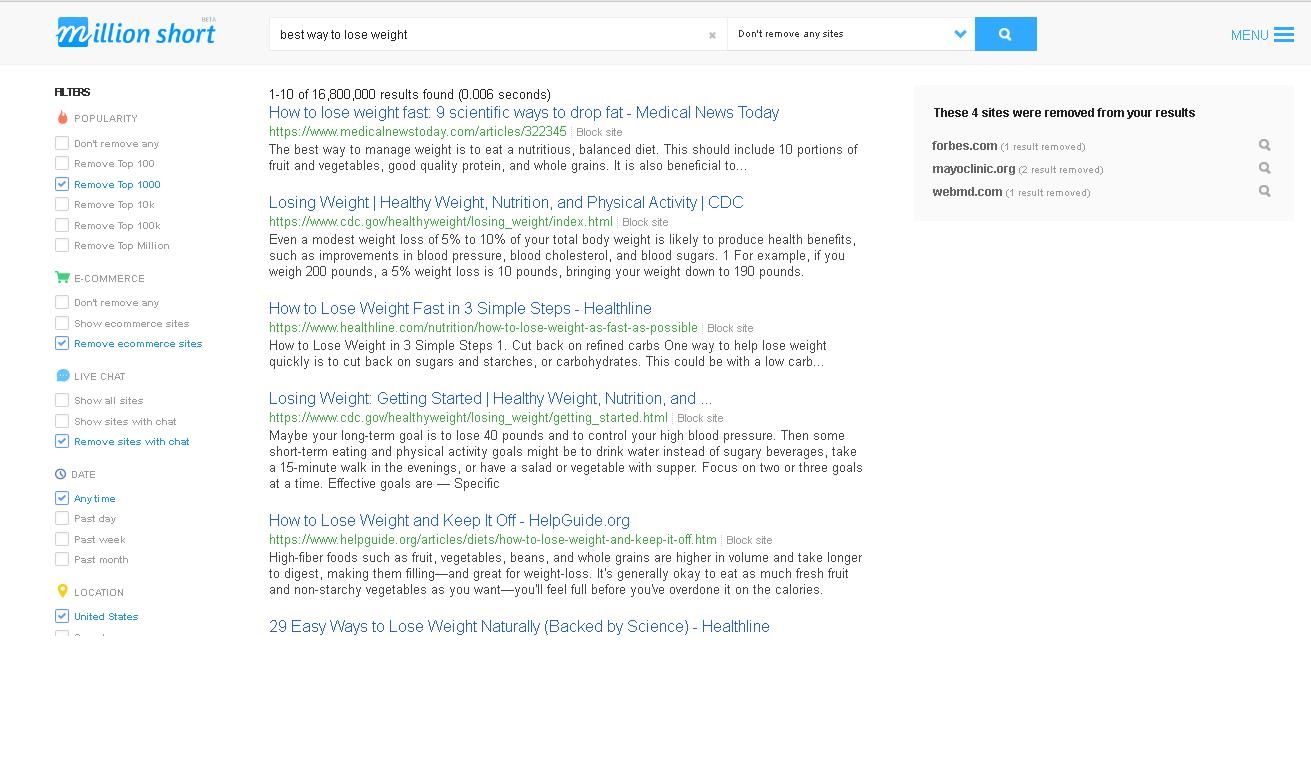Google is usually the go-to search tool for most people. It is fast becoming a tradition to search online for almost anything. This could range from the nearest restaurant or hotel, to the ancient history of a tribe. However, having this access at your fingertips does not guarantee the originality or reliability of the information you find.
To this end, we'll take you through six tips to ensure you get quality results every time you search on Google. We will also briefly look at what Google does on its part to help you access quality websites and information.
How Google Helps You Get Reliable Results
We live in an era where almost anyone can set up a website, create content and make it available for everyone to access. As easy as this is, Google tries to ensure that not just not any information reaches its users.
To achieve this, Google employs different measures to improve your search results. Thus, confirming that the content on its first page is of good quality and relevant to the inquiry.
Some of these measures include considering the age and structure of your website. Google also relies on audience reactions, such as how long viewers or readers spend on a website digesting its content.
Most people and organizations have studied these metrics religiously because understanding these tactics helps rank high on Google’s Search Engine Result Page.
In addition, there are several websites dedicated to teaching you the basics of SEO. This helps to ensure that your website is one of the first shown to those who seek relevant information.
However, the first result page is usually packed full of sponsored advertisements, recommended pages, and optimized pages. This means you are more likely to get information from websites that are good with marketing and analytics than those with the information you desire.
Armed with this knowledge, it is easy to see that you have to go the extra mile to guarantee that the results you receive are top-notch and reliable. The following tips will guide you to achieve that goal.
1. Be More Specific With Your Search
Google will only provide answers to your inquiry based on the keywords you enter into the search box. As such, you must ensure that you enter the keywords that best describe your search intent.
Inquiries are usually divided into short-tail and long-tail keywords. Short-tail keywords typically consist of three to five words, while long-tail keywords contain more than five.
The difference between these keywords transcends beyond their length. It also extends to the specificity of the search and, in turn, the results.
As such, it is imperative to be contextual in your inquiry. For example, searching for “The best universities in the USA” will yield a wide range of results.
On the other hand, searching for something more specific like “The best universities to study computer science in the USA in 2023” will yield more streamlined search results.:
Paying attention to these two entries, you can see a distinct reduction in available information when the inquiry includes more keywords.
Being more specific with your search is not limited to the length of your entry; it also includes the kinds of words you use in your inquiry. For example, entering “when was Google founded” and “When was Google launched?” will give you different results.
Therefore, it is best to pay attention to the kind of information you desire and tailor your search to that result as closely as possible.
2. Perform Site Searches
If you are an avid researcher, there are some sites that you will find more reliable than others. These sites are authority websites trusted by users, organizations, and search engines.
So, it is time-saving to search these individual websites instead of searching through Google for the same information. This process is known as a site search.
To perform a site search, type site: into Google’s search box, followed by the name of the site and the keywords for the information you seek. For example, “site: MakeUseOf facts you didn’t know about Google.”
If the website has any relevant information, it will be the first result on the page, followed by similar results from the same website, before moving on to results from similar websites. This search pattern helps to eliminate advertisements and sponsored pages.
3. Perform Cross Searches
When you search for anything on Google, the search results are broken down into bits relating to images, videos, news, books, maps, and finance. These different sections help to narrow down searches and provide relevant results.
For example, if you search for “Nearby restaurants,” the All section will show some locations and some reviews on restaurants in your area, if available. However, clicking on Maps takes you directly to Google Maps, where you can conduct a more detailed search.
The same principle applies to words like roses, houses, or other keywords that have visual representations. You will get better results when you click on the Image section than relying solely on the All section.
4. Utilize the Advanced Search Tool
One of Google’s most underutilized tools is the Advanced Search Tool. This tool is a small gear icon in the top-right corner of the Google Search Result Page.
When you click on this icon, it opens a drop-down menu where you will see Advanced Search.
Clicking on this option will open a form where you will enter necessary details like essential keywords and phrases that should not appear in your search. You can also tailor your search to a particular language or region, as the case may be.
When you enter all the necessary information, click Advanced Search to open up a new results page. This new page is streamlined to fit your entries and give you the necessary information you seek.
Search operators are distinct markers you can add to your keywords to ensure the specificity of results. While many unique words or phrasal Google search operators exist, a few are restricted to symbols only.
These symbol search operators include the minus sign, asterisks, currency sign, and quotation marks. Two prevalent word operators are OR and AND. The minus sign is used just before a word to exclude it from the search. On the other hand, the quotation marks indicate that the quoted word or phrase is crucial to the inquiry.
Using the dollar, euro, or pound sign targets your search at prices. Additionally, the asterisks function as a wildcard in a search to match the indicated word or phrase. When you place an asterisk in an incomplete keyword, Google brings up results aligned with possible complete keywords.
For example, if you type in “Travel des*,” Google brings up results for travel destinations, DES Travel and Tours, among others.
The operator OR extends the search range to accommodate keywords or phrases. But if you use AND, Google will search for and display results that are peculiar to both keywords at the same time.
Interestingly, you can apply these operators on the Advanced Search page while filling out the form.
Using these operators goes a long way to ensure that your results are of better quality and stand a chance of giving you the best answers.
6. Use Streamlined Search Tools
Nowadays, there are websites that help you streamline your search results by bypassing sponsored websites, advertisements, and most SEO-enhanced pages. One such website is MillionShort.
MillionShort is a domain-level analytical tool that can eliminate the first 100-1,000,000 possible results, leaving you with websites that are not so popular but have useful content.
This tool helps you realize and appreciate the vastness of the internet, bringing you new, authentic results that you might not have seen using regular Google searches.
Filtering Through the Heap for Gems
Research and inquiries have become more accessible and faster thanks to search engines. However, information sources increase daily, making it hard for users to determine reliable information from their counterparts.
Since we cannot rely solely on Google’s sifting measures to provide reliable results, we must take advantage of the unique tips at our disposal. These tips and tactics help ensure your research process is less challenging and more reliable. Or, if you want to try an alternative search engine, there are plenty you can use.



